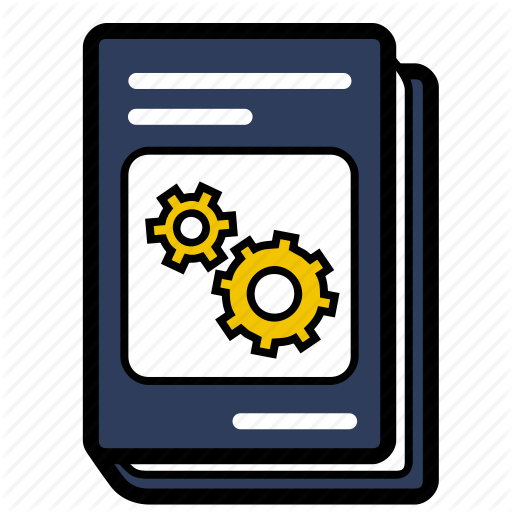Foreign experience in the use of electronic textbooks
Abstract
Electronic textbooks are not new; but, they have not been widely used in the public education system. Even though many have predicted the popularity of electronic textbooks, the uptake has been less than anticipated. This article reviews research literature to uncover the use and the acceptance of electronic textbooks with foreign experience. It discusses research studies which have shown an effect on students’ learning and concludes with a discussion based on the studies and using foreign experience.
References
McFall, 2005; McFall, Dershem, & Davis, 2006; Morton, Foreman, Goede, Bezzant, & Albertine, 2007; University of Georgia, 2006.
Stone, R. W., & Baker-Eveleth, L. J. (2013). Students’ intentions to purchase electronic textbooks. Journal of Computing in Higher Education, 25(1), 27–47. https://www.learntechlib.org/p/113875/https://doi.org/10.1007/s12528-013-9065-7
H. J., Messom, C., & Yau, K. A. (2013). Can an electronic textbook be part of education? Challenges, technological solutions and open issues. Turkish Online Journal of Educational Technology - TOJET, 12(1), 32-44.
Moore, J. W. (2003). Are textbooks dispensable? Journal of Chemical Education, (4), 359.
Mulholland, E., & Bates, J. (2014). Use and perceptions of E-books by academic staff in further education. Journal of Academic Librarianship, 40(5), 492-499. doi:10.1016/j.acalib.2014.05.018
Weisberg, M. (2011). Student attitudes and behaviors towards digital textbooks. Publishing Research Quarterly, 27(2), 188-196. doi:10.1007/s12109-011-9217-4.

In submitting the manuscript to the International Journal on Integrated Education (IJIE), the authors certify that:
- They are authorized by their co-authors to enter into these arrangements.
- The work described has not been formally published before, except in the form of an abstract or as part of a published lecture, review, thesis, or overlay journal.
- That it is not under consideration for publication elsewhere,
- The publication has been approved by the author(s) and by responsible authorities – tacitly or explicitly – of the institutes where the work has been carried out.
- They secure the right to reproduce any material that has already been published or copyrighted elsewhere.
- They agree to the following license and copyright agreement.
License and Copyright Agreement
Authors who publish with International Journal on Integrated Education (IJIE) agree to the following terms:
Authors retain copyright and grant the International Journal on Integrated Education (IJIE) right of first publication with the work simultaneously licensed under Creative Commons Attribution License (CC BY 4.0) that allows others to share the work with an acknowledgment of the work's authorship and initial publication in this journal.





1.png)
